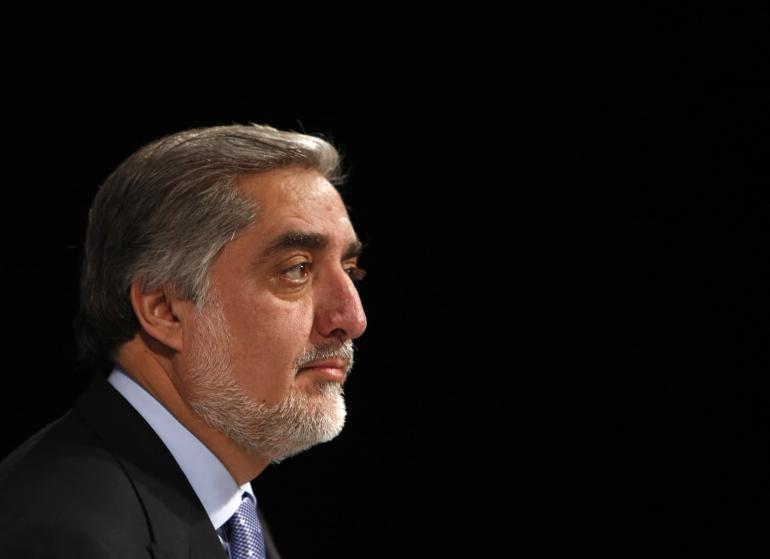Abdul Zuhoor Qayomi-KABUL: Amidst growing criticism about threats to newsmen in the country, the Chief Executive Officer (CEO), Abdullah Abdullah, on Saturday said that meager attention has been paid to enforce the Access to Information Law which has created hurdles for journalist.
Abdullah, however, vowed to leave no stone unturned in protecting freedom of media and journalists in the country, as part of the National Unity Government’s (NUG) commitment to maintain achievements of the past 13 years.
“The Access to Information Law was approved but journalists are still faced with lack of proper information from state organizations,” the CEO told a session titled ‘Media and Transition Decade’.
He said spokesmen of government organizations have different positions on same incidents. “Reality should not be kept secret, even if it’s harsh. Spokesmen should share exact information with media,” he added.
Terming mistreatment of police and other security forces towards reporters as one of the main problems for journalists, the CEO said security agencies have been directed to restrain violence against newsmen when they are preparing reports on different incidents.
Hinting at cases of violence against journalists in Afghanistan, he said six reporters were killed in 2014, adding that investigative journalism is slumping due threats.
“The NUG will support media and freedom of speech as a crucial achievement of the past 13 years,” he vowed.
On the same occasion, the head of Killid Group, Najiba Ayubi, said local gunmen pose serious threat to reporters, adding that 28 newsmen were killed, 20 wounded and 60 others were imprisoned in past 13 years.
Chairman of Regional Studies Center, Ghafoor Liwal, termed physiological warfare through a number of media outlets as one of the key factors for continuation of war in the country.
“Reports of a number of private media outlets are written and prepared by neighboring countries’ intelligence agencies and are broadcasted and published here in Kabul,” he claimed. “These reports create differences among the people and are in favor of neighboring countries—not in favor of the national interests of Afghans,” he added.
In the meantime he criticized media outlets for broadcasting footages and videos of dead bodies of those who lose their lives in terror attacks, and said it is against journalistic and ethnic norms.
He urged the government to assign an expert team to prevent the problems in media.
The Media and Transition Decade conference was held by Afghanistan Journalists Federation. Professional reporting, ethics of journalism and ways to play positive role in rehabilitation of the country are main agenda of the ceremony.
 Afghanistan Times
Afghanistan Times




